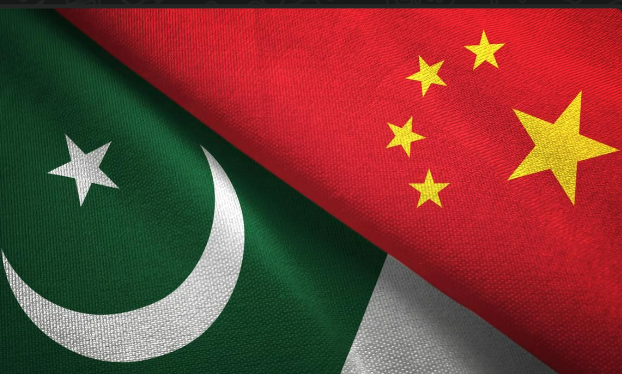In a significant diplomatic development, Pakistan and China are reportedly working together to establish a new regional organization that could serve as a replacement for the long-dormant South Asian Association for Regional Cooperation (SAARC). The move is seen as a strategic effort to foster greater regional connectivity, cooperation, and economic integration, especially in light of SAARC’s persistent stagnation due to tensions between India and Pakistan.
Aims of the New Bloc
The proposed regional platform, still in its early stages, is envisioned to bring together South Asian and neighboring countries that are willing to engage in constructive multilateral collaboration. According to sources familiar with the matter, the bloc’s goals include boosting infrastructure development, trade connectivity, and cross-border cooperation — objectives that align closely with China’s Belt and Road Initiative (BRI).
Officials in Islamabad believe the initiative could provide a fresh framework for regional dialogue, bypassing the obstacles that have plagued SAARC. The last SAARC summit was held in 2014 in Kathmandu, and the organization has since remained inactive due to India’s refusal to engage with Pakistan under its banner.
China’s Expanding Regional Role
China’s involvement is critical to the proposed initiative. As a global economic powerhouse and Pakistan’s close ally, Beijing is expected to lend both political and economic support to the formation of the new grouping. Observers believe the bloc could complement China’s BRI by establishing new corridors of trade and investment across South and Central Asia.
China’s growing engagement in South Asia has already been visible through projects in Pakistan, Sri Lanka, Nepal, and Bangladesh. A formalized regional group would further solidify its influence and provide an alternative to Western-led and Indian-dominated forums.
Possible Member States
While formal invitations have not yet been announced, countries such as Nepal, Sri Lanka, Bangladesh, Iran, and potentially Afghanistan may be approached for membership or observer status. These nations share economic interests and, in many cases, have existing strategic partnerships with China.
Regional Implications
The emergence of a China-backed regional group may significantly alter South Asia’s geopolitical dynamics. With India unlikely to participate, the new bloc could dilute New Delhi’s longstanding regional dominance and create a platform for countries marginalized in current frameworks.
Experts note that the success of the initiative will depend on mutual political will and its ability to deliver tangible outcomes. If implemented effectively, the bloc may redefine regional cooperation for years to come.








